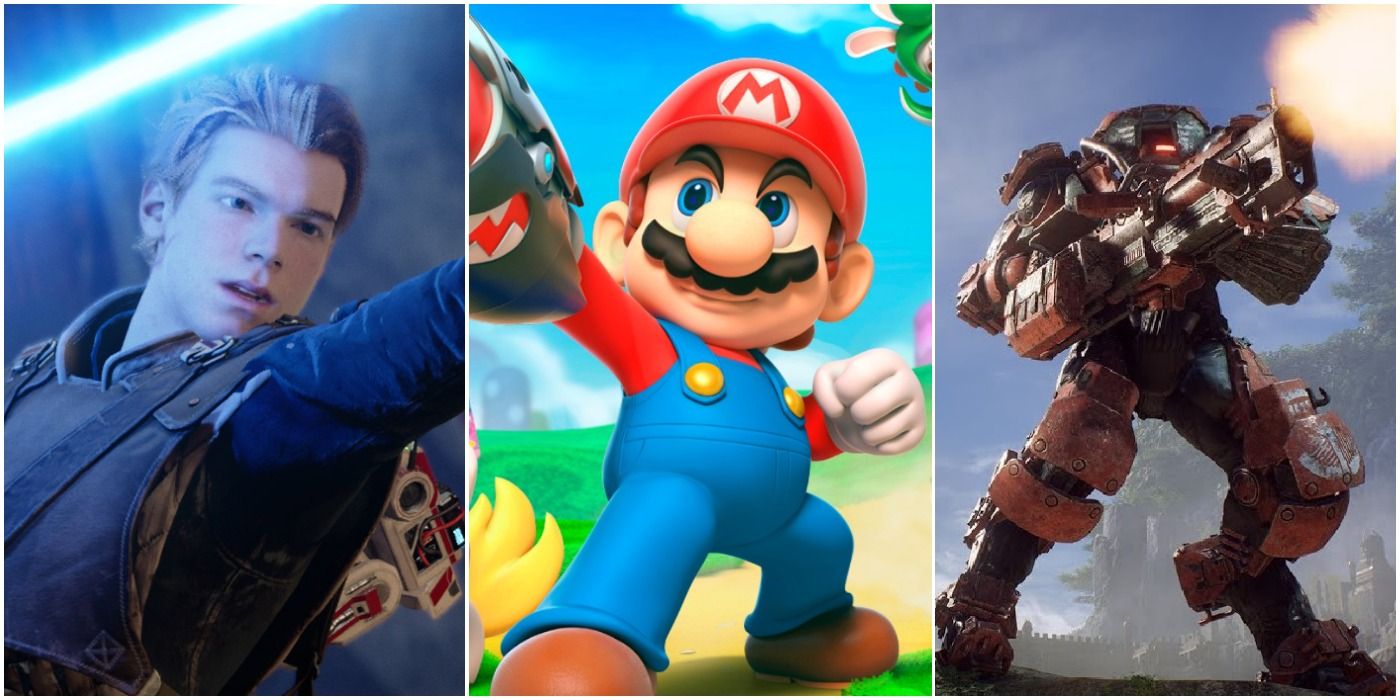
Companies often produce video games in a somewhat iterative way. A game is released, and then the next game in the series builds on a similar design, looking to take what worked from the first game and improve upon it. This even happens with games that aren't in the same series, with, for instance, Bioware being known for multiple different RPG series with common threads throughout.
However, sometimes studios change things entirely. Rather than make games similar to what they've made before, with somewhat reliable fanbases for that sort of game from them, they choose to make something completely different. The genre, mechanics, story, themes, and everything else are a departure from their previous releases.
9 Jedi: Fallen Order Was Respawn's First Singleplayer Action-Adventure
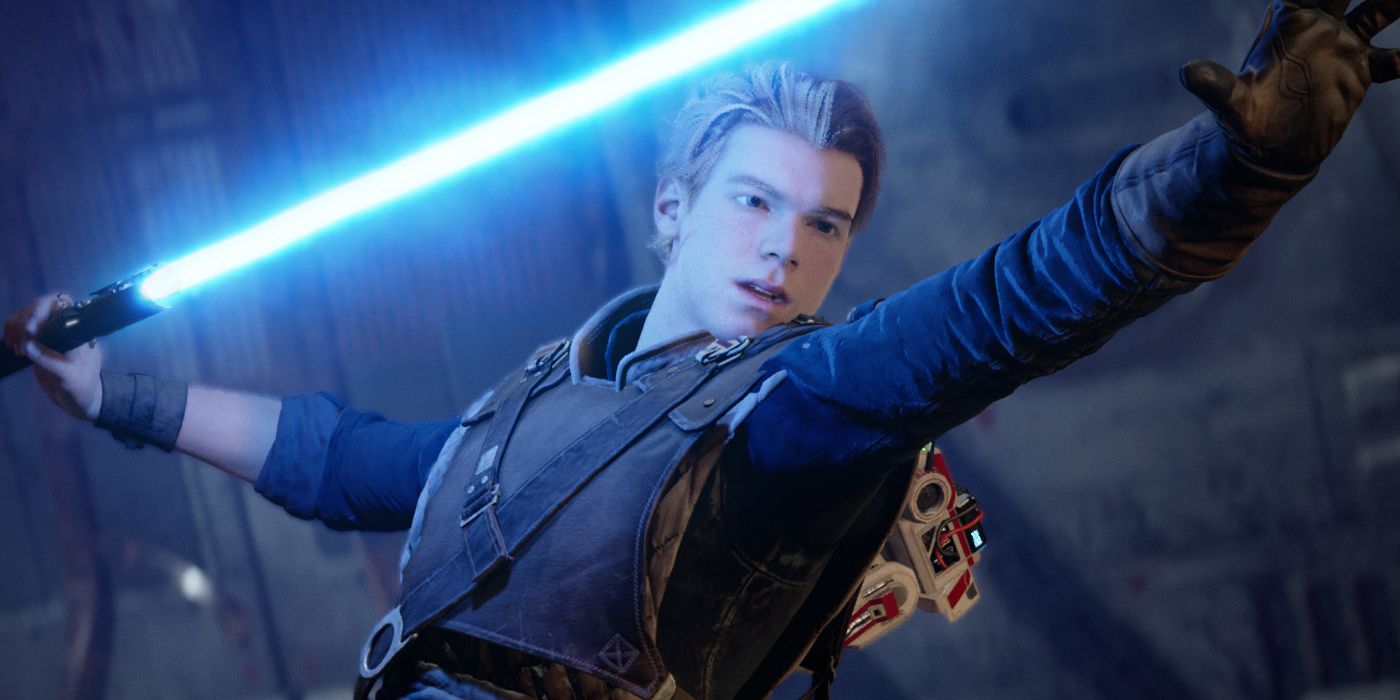
Respawn Entertainment is a studio that was acquired by EA in 2017, and has primarily produced multiplayer first-person shooters. They are the developers of team-based battle royale Apex Legends, and prior to that were best known for Titanfall and Titanfall 2. As a result, many Star Wars fans were shocked when it was announced that they would be developing a new singleplayer Star Wars game with a focus on exploration and lightsaber combat.
Respawn are not new to compelling stories in games - Titanfall 2's plot is one of many things that won it critical acclaim - but many were still skeptical at the announcement. Nonetheless, despite Respawn's lack of pedigree in melee-focused action-adventure, Star Wars Jedi: Fallen Order delighted fans.
8 Anthem Drew Bioware Away From RPGs
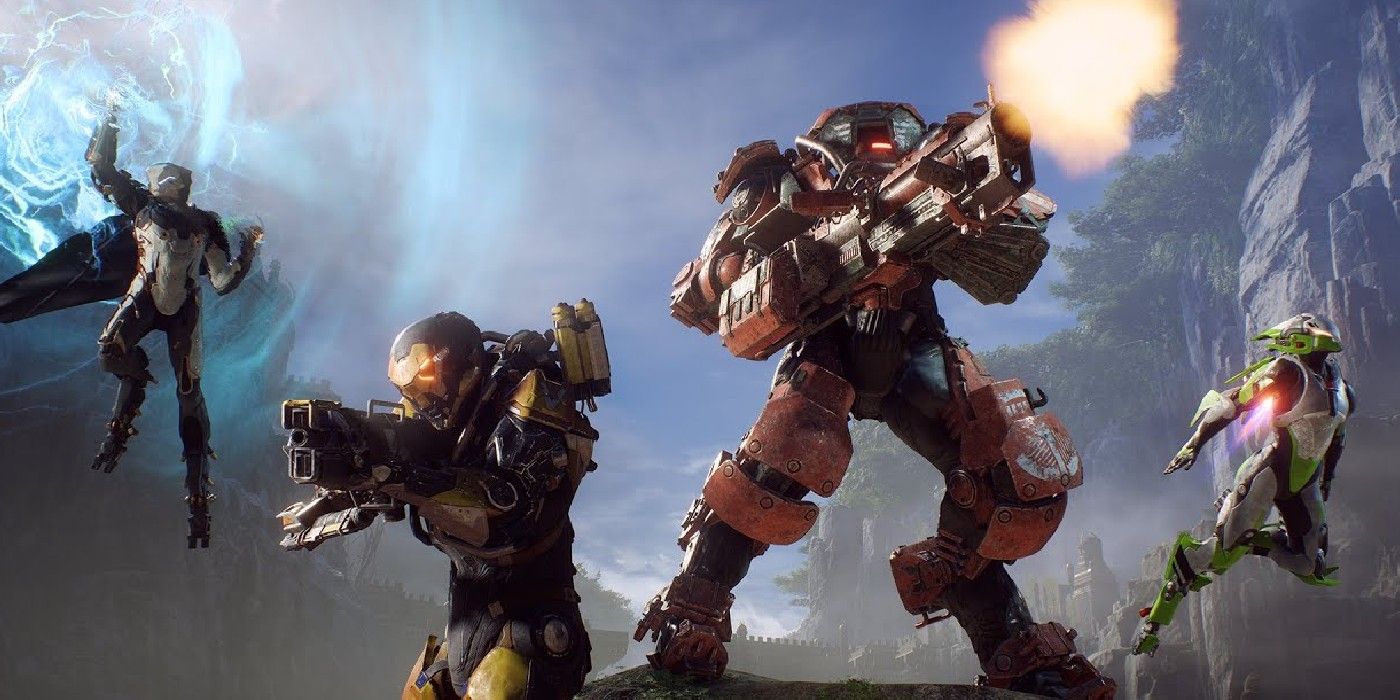
For a time, Bioware were one of the go-to companies in the gaming world for roleplaying games, along with Bethesda. They are responsible for acclaimed classics like Knights of the Old Republic, Dragon Age, and Mass Effect. While their later outings began to blend other elements with RPGs - Mass Effect 2 and 3 taking on many aspects of pure third-person shooters, they remained RPGs at their core.
Anthem was entirely different, a loot shooter in the vein of Destiny or The Division, with only light RPG elements. It lacked the grand, sweeping narrative of games like Mass Effect, and instead tried to entertain players with replayable missions and a loot grind. However, the reaction to the game was middling, and future development was ceased in February 2021.
7 Déraciné Was Dark And Had Soul, But Wasn't Dark Souls
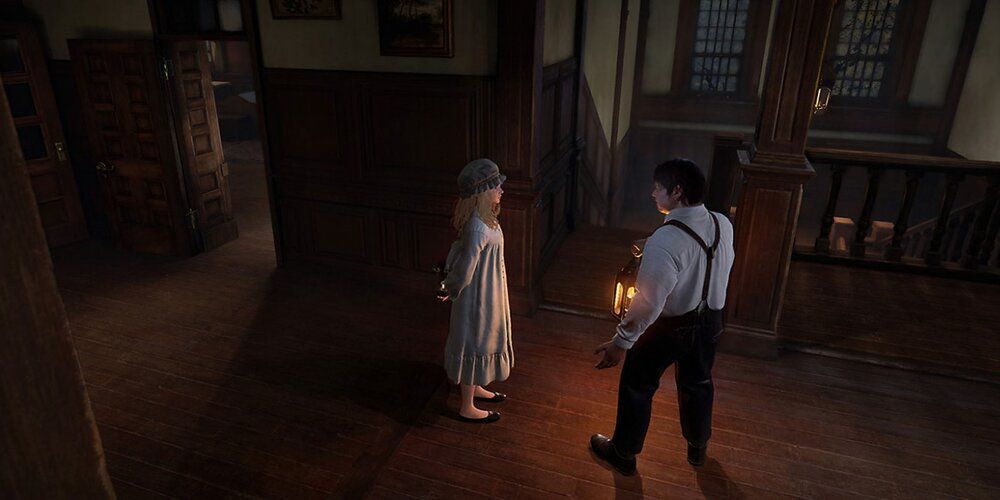
FromSoftware are best-known for their difficult third-person action RPGs like Demon's Souls, Dark Souls, and Bloodborne, games that reward players for playing smartly, managing their resources, and having the persistence to push through the challenge.
Déraciné is an entirely different game, a first-person VR mystery adventure in which the player takes on the role of a fairy in a boarding school. It has almost none of the DNA of FromSoftware's previous efforts in it, only retaining the dark tone that tends to permeate their games.
6 Tooth And Nail Was A Different Beast To Pocketwatch's Monaco
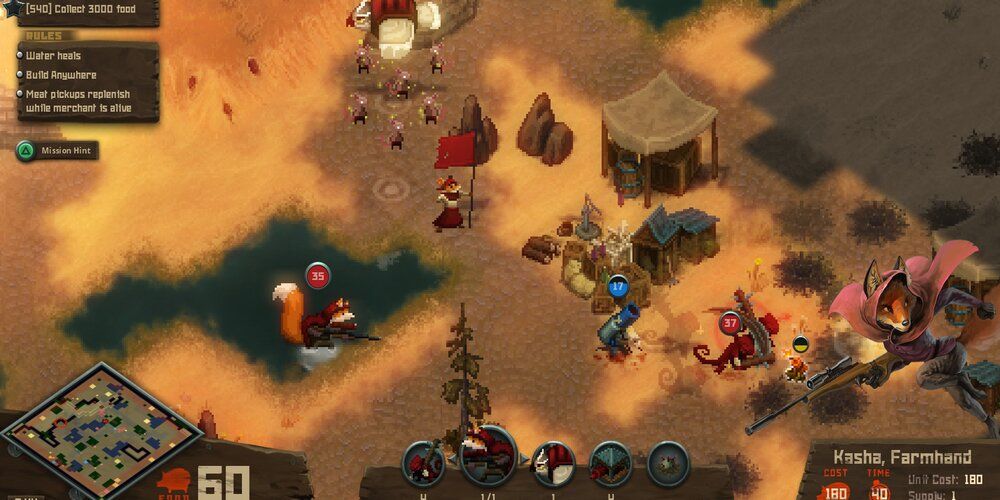
Pocketwatch Games are an indie studio best known for the stealth-heist game Monaco: What's Yours Is Mine, and previous to that had released a series of animal simulation games called Venture Africa and Venture Arctic.
Tooth and Nail, their latest effort, also focuses on animals, but is a top-down real-time strategy game where players control armies of animals and go to war with each other. Due to its somewhat unique premise, Tooth and Nail isn't just different from the very human-centric Monaco, but all of the studio's games.
5 Alien: Isolation Was Entirely Unlike Total War
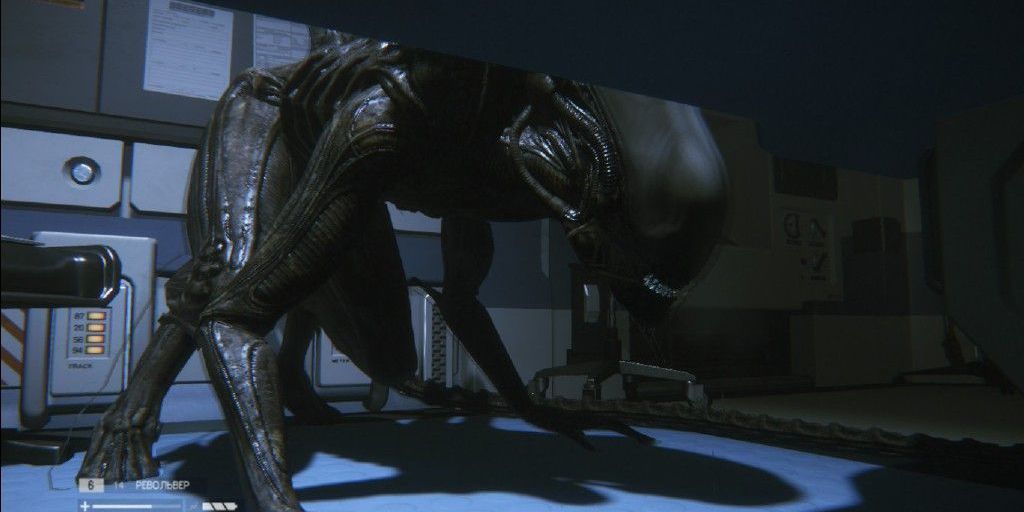
Creative Assembly is a British games developer well-regarded in the strategy game sphere for its award-winning Total War series that allows players to construct their own narratives and change history as they conquer their way across historical time periods - or the Warhammer Fantasy setting.
While the company had deviated from strategy games in the past with games like the hack-and-slash Spartan: Total Warrior, Alien: Isolation was completely different again, being a first-person survival horror game based on the Alien film franchise where the focus was on escaping, not fighting. Despite this shift, the game was popular and included on many "best-of" lists for 2014.
4 Santa Monica Studios Changed God Of War Utterly
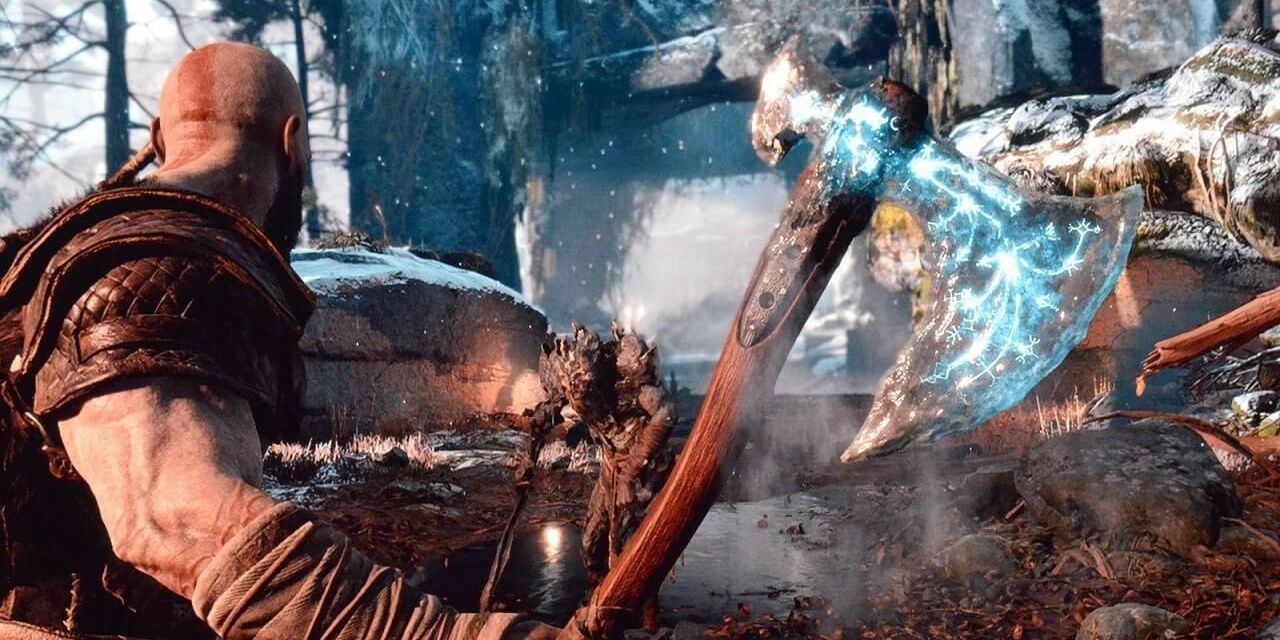
God of War (2018) was the first game in the series since the original to get perfect scores from some reviewers, and was awarded Game of the Year by numerous events and publications. Critics and fans alike loved it, and considered it a return to form for the series.
Nearly everything about it was different, however. Players still played Kratos, but he had matured and developed from his previous outings. The story was similarly deeper and more mature, exploring themes of grief, fatherhood, and masculinity. The gameplay had changed from a far-camera hack-and-slash to an over-the-shoulder action RPG. None of these changes turned away players, with God of War (2018) becoming one of the best-selling PS4 games of all time.
3 Mario Had Never Done X-COM Before, And Neither Had Ubisoft
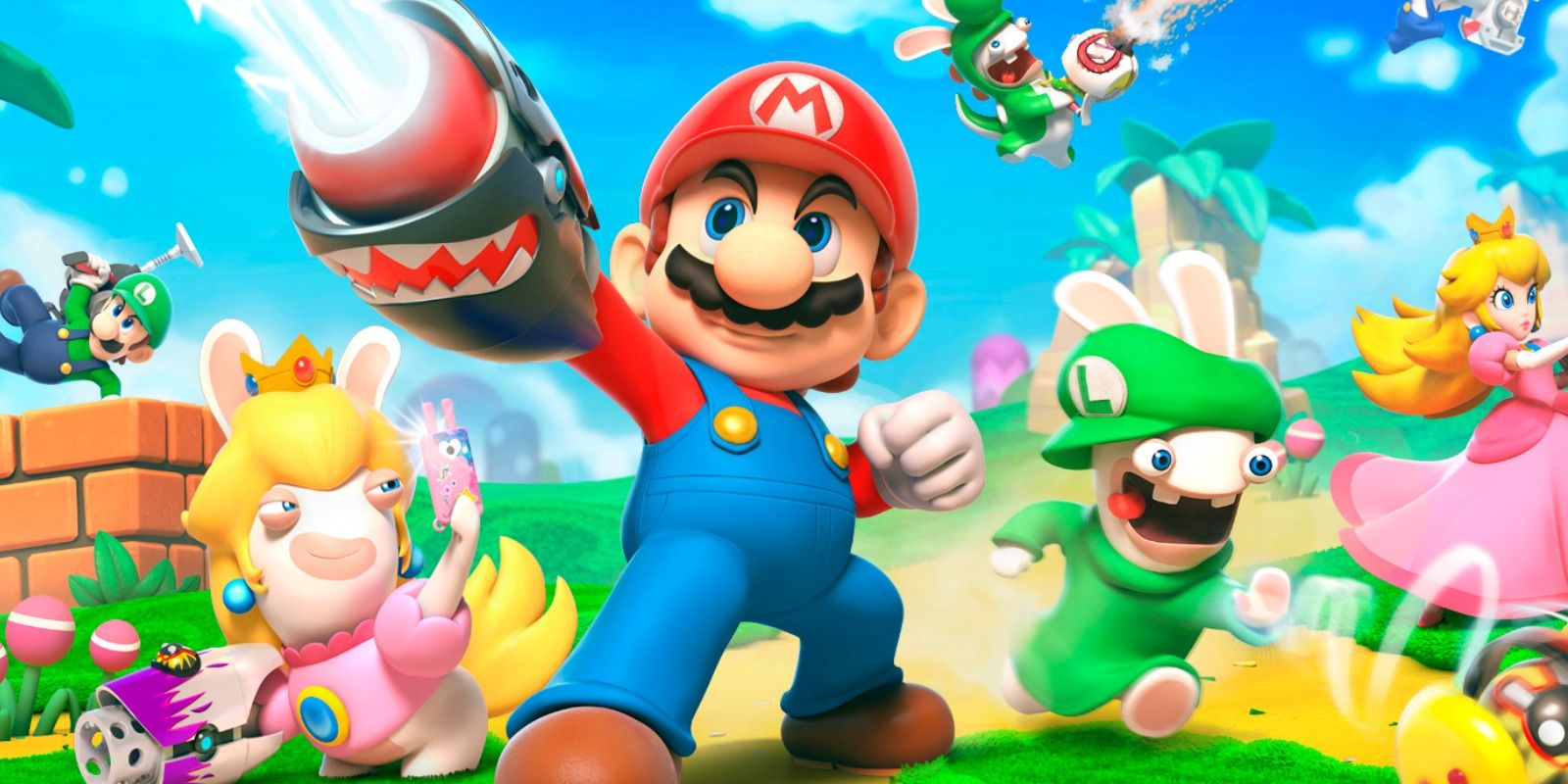
Nintendo's Mario franchise and Ubisoft's Rabbids franchise crossed over in 2017 with a game made by Ubisoft, Mario + Rabbids Kingdom Battle. Rather than take the form of a platforming game or a minigame collection, like those seen in either franchise, it instead took the form of a top-down turn-based tactics game heavily inspired by the X-Com franchise.
With a focus on squad tactics, tactical movement and cover, the game set itself apart from Ubisoft's other strategy ventures, such as Heroes of Might and Magic. Not only was it like nothing Ubisoft had done before, it was like nothing either franchise had ever touched on.
2 Bungie Left Halo Behind, And Tried Something New
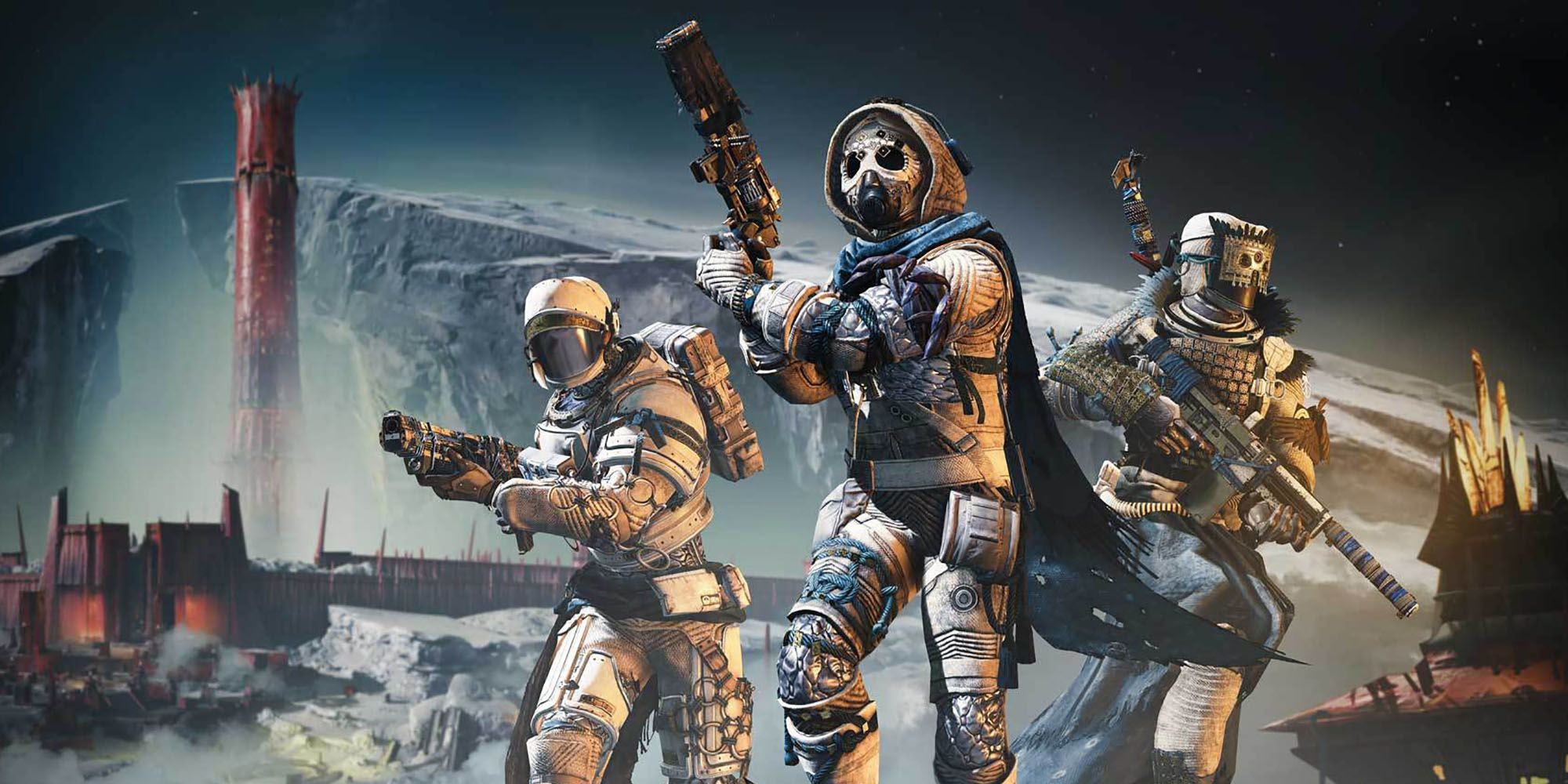
From a surface level, it looks like Halo's DNA is in Bungie's Destiny. Both are first-person science fiction shooters, where the player takes on the role of a supersoldier fighting against enemies who have nearly overwhelmed mankind, in settings where science is so advanced it appears to be magic.
However, the two are very different. Halo is a standard - albeit iconic - FPS where the player moves through a linear campaign, picking up weapons, and there is no levelling up or RPG elements. In Destiny, the individual levels matter less than the progression of the character, as they acquire new loot that increases their stats. It is based heavily around rechargeable abilities, unlike Halo, and focuses on mobility over Halo's focus on target prioritization. Each mission is designed to be replayed many, many times, whereas Halo can be played once. Despite surface similarities, Bungie made something wholly different when they moved on.
1 Epic Games Revolutionized Themselves, And Then Gaming Culture
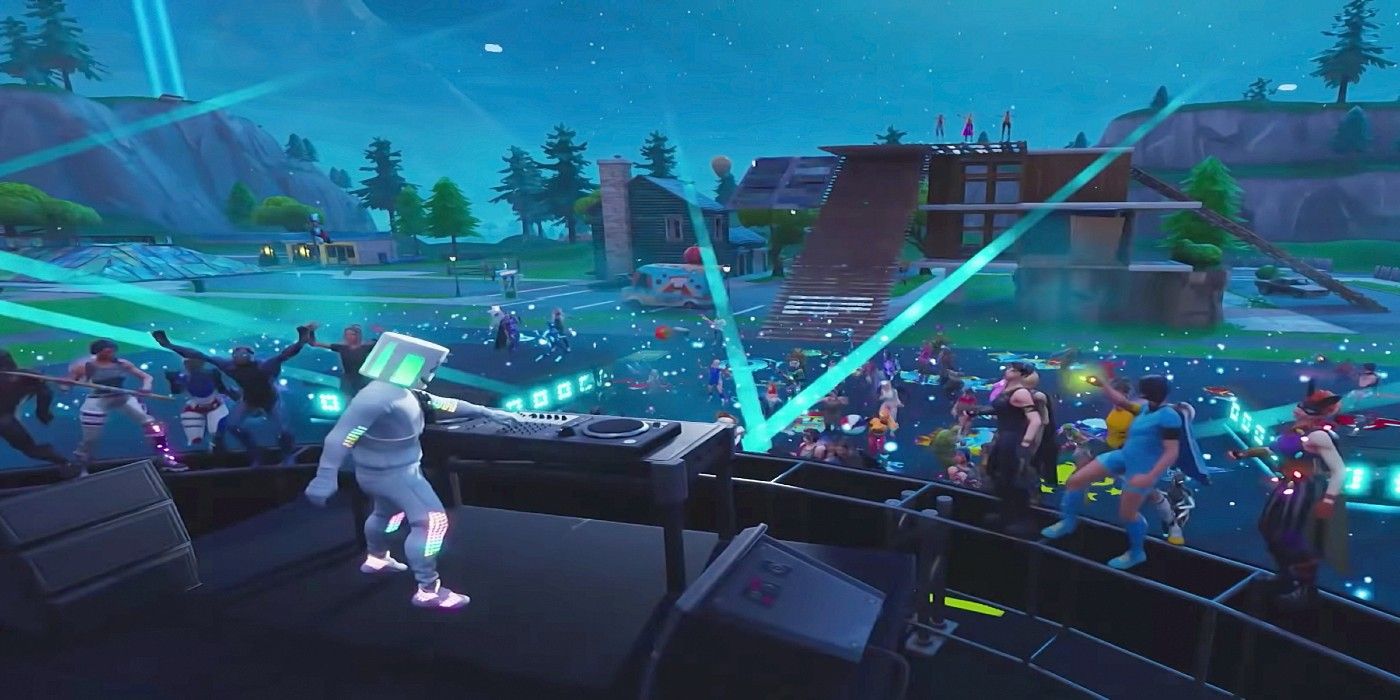
Many of the elements of Fortnite were there in older games from Epic Games. They had a long-standing pedigree in shooters with the Gears franchise, and in arena battlers with the famous Unreal Tournament. However, there had never been anything quite like Fortnite, in their history or in gaming.
Combining shooting with the nascent Battle Royale genre, and a building system to utterly shake up the game, neither version of Fortnite resembled anything in Epic Games's back catalogue. It was a worthwhile gamble, with Fortnite Battle Royale becoming a pop culture icon, and becoming one of the most profitable games ever.
0 Comments